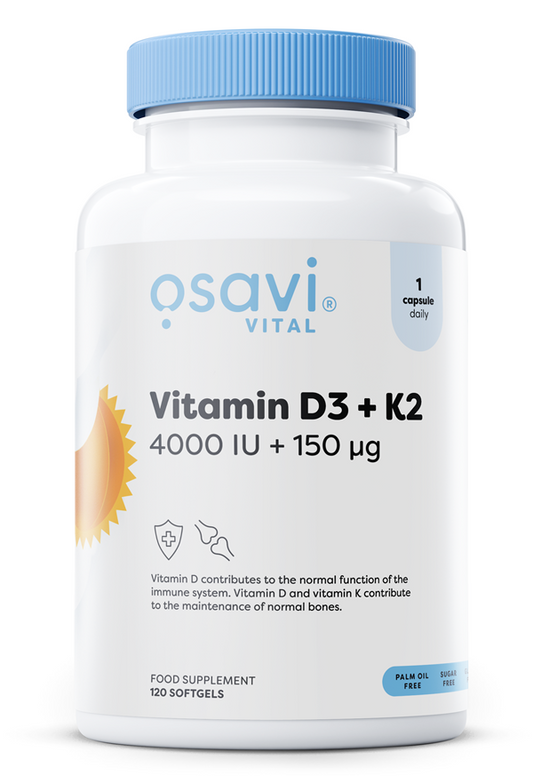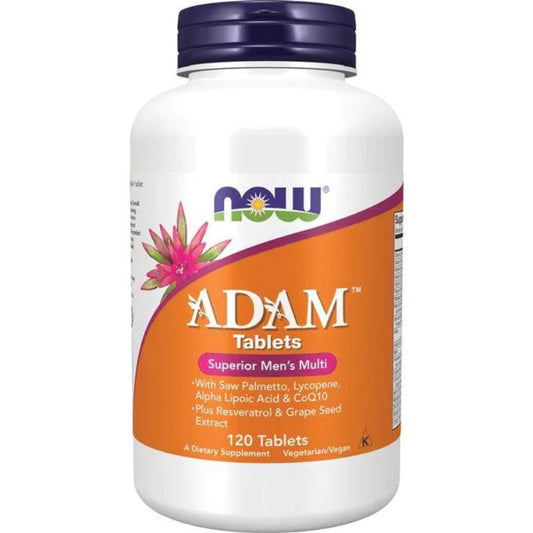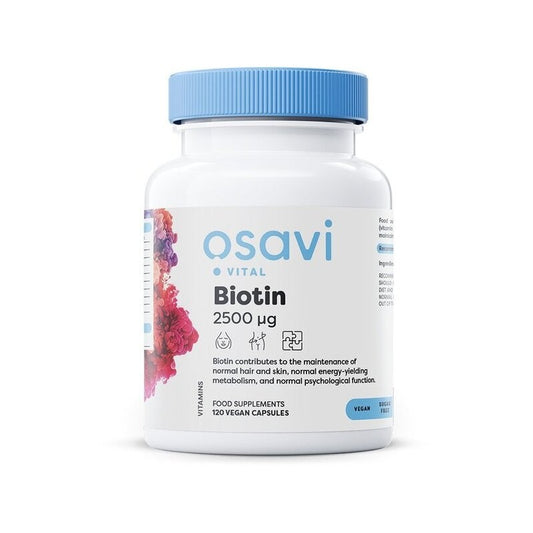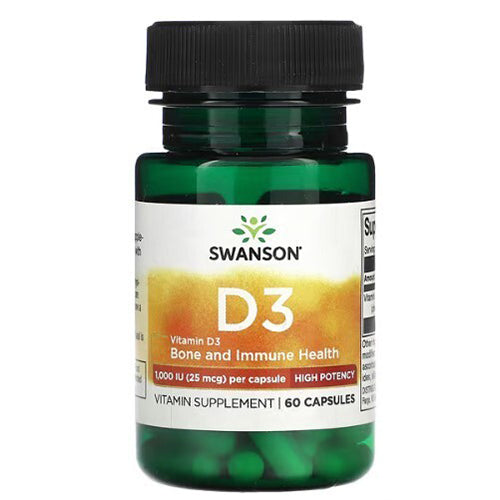
Vitamin B12 (Cobalamin): The Energy and Nerve Support Vitamin
Jakub SkibaVitamin B12, also known as cobalamin, is one of the most essential nutrients for maintaining energy, focus, and overall vitality. This water-soluble vitamin supports your body’s ability to produce healthy red blood cells, convert food into energy, and maintain proper nerve and brain function. Because it’s only naturally found in animal-based foods, many people — especially those following vegetarian or vegan diets — need to pay special attention to their intake. In this article, you’ll learn what Vitamin B12 does, why it’s important, how deficiency affects the body, and the best ways to maintain healthy levels.
What Exactly Is Vitamin B12?
Vitamin B12 belongs to the B-complex family and plays a vital role in energy production, DNA synthesis, and nervous system health. It helps form red blood cells, which carry oxygen throughout the body, and supports the maintenance of nerve cells through its role in producing myelin, the protective coating around nerve fibers.
Unlike other vitamins, B12 can’t be synthesized by the body and must come from diet or supplementation. Because plant-based foods naturally lack B12, vegetarians and vegans should include fortified foods or supplements to meet their daily needs.
How Vitamin B12 Works in the Body
Energy Production and Red Blood Cell Formation
Vitamin B12 converts food into energy by helping break down carbohydrates, fats, and proteins. It also assists in forming healthy red blood cells, ensuring efficient oxygen transport throughout the body.
Brain Health and Cognitive Function
B12 supports the production of neurotransmitters—chemicals responsible for communication between nerve cells. Adequate B12 levels contribute to clear thinking, stable mood, and strong memory. Low levels have been associated with fatigue, poor focus, and cognitive decline.
Nervous System Support
This vitamin helps maintain the integrity of the nervous system by forming and protecting the myelin sheath. Balanced B12 levels help support nerve communication, muscle coordination, and neurological resilience.
Signs and Risks of Vitamin B12 Deficiency
A deficiency in Vitamin B12 can affect multiple body systems, as it influences both energy and nerve health. It is particularly common among older adults and those who follow plant-based diets.
Common Signs of Low B12
-
Pale or yellowish skin tone
-
Dizziness or lightheadedness
-
Numbness or tingling in hands and feet
Potential Health Risks
-
Anemia: Low red blood cell count leading to weakness and shortness of breath.
-
Nerve damage: Tingling sensations or numbness in the extremities.
-
Cognitive decline: Reduced focus and memory performance.
-
Heart strain: Elevated homocysteine levels that may affect cardiovascular function.
Natural Sources of Vitamin B12
Since Vitamin B12 is primarily found in animal products, people following a plant-based lifestyle should seek fortified options or supplements.
|
Food Source |
Description |
|
Meat (chicken, beef, lamb) |
Rich natural source of B12 |
|
Fish and seafood (salmon, tuna, sardines, clams) |
High in B12 and omega-3s |
|
Eggs and dairy (milk, cheese, yogurt) |
Common dietary sources |
|
Fortified foods (cereals, plant milks, nutritional yeast) |
Essential for vegans and vegetarians |
Plant-based individuals can maintain healthy B12 levels through fortified products or vegan-friendly supplements containing cyanocobalamin, a highly absorbable form of B12.
How Much Vitamin B12 Do You Need Daily?
The Recommended Daily Intake (RDI) for Vitamin B12 depends on age and lifestyle.
|
Group |
Daily Recommendation |
|
Infants (0–6 months) |
0.4 mcg |
|
Children (1–3 years) |
0.9 mcg |
|
Children (4–8 years) |
1.2 mcg |
|
Children (9–13 years) |
1.8 mcg |
|
Teens (14–18 years) |
2.4 mcg |
|
Adults (19+) |
2.4 mcg |
|
Pregnant women |
2.6 mcg |
|
Breastfeeding women |
2.8 mcg |
For those with restricted diets or absorption issues, healthcare professionals often recommend regular fortified foods or supplements to maintain optimal levels.










